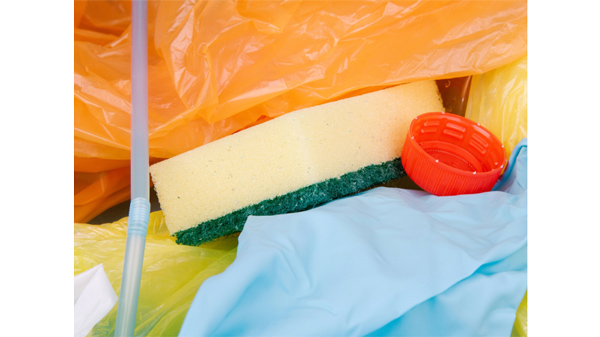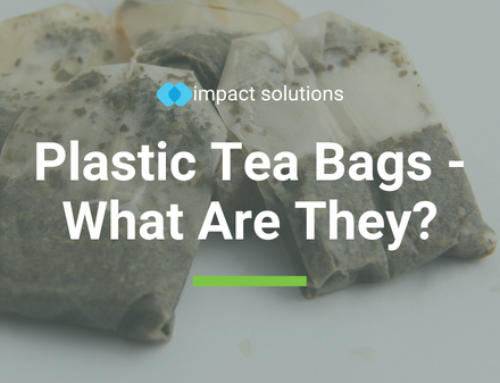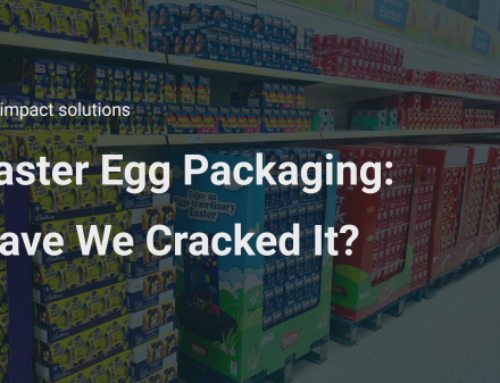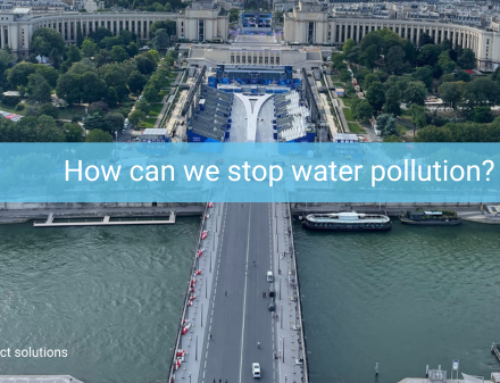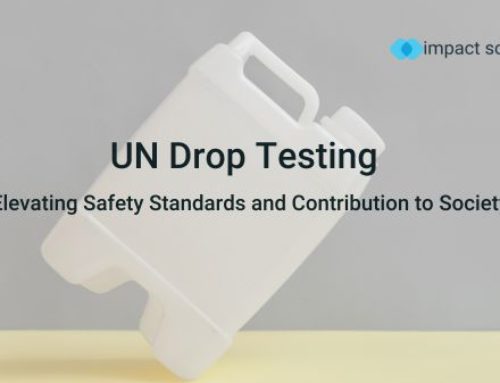In a recent article, we spoke about whether or not the right course of action was for Coca Cola to stop their production of plastic bottles. Now there is a likelihood that there will be a single use plastic ban in the EU and UK. The idea of a single use plastic ban in the UK has been going on since early 2019 and has resurfaced at the beginning of 2020, with plans for it to be enforced.
Is it sustainable to continue with the attitude we have towards plastic?
There is a stigma surrounding plastic that has ingrained itself in our society. This has come from plastic pollution and single use products not being reused or disposed of properly. The replacements for certain plastic products may harm the environment more than we expect – materials and resources need to be taken into consideration, as many have a higher carbon footprint than its plastic counterpart. This has been found to be the case in many life cycle analysis reports (internationally accepted standards detailing what is good and bad for the environment).
With the single use plastic ban potentially being introduced, something we have to think about as consumers, is whether this is the solution to a long running problem. The problem with plastic is its disposal. Looking at Norway, they have one of the highest success rates for recycling plastic – this is due to the disposal and collection systems available.
In Norway, when buying a product that comes in plastic packaging, you are seen as ‘borrowing’ that packaging, while having bought the product. In many places in Norway, such as outside supermarkets, there are disposal collections for plastic. Norwegians put their used plastic into these and it gives back a ticket that will entitle the person to either cash or in store credit. This makes it incredibly easy for people to dispose of their used plastic, gives incentive with its reward program and ensures that a higher percentage of plastic gets recycled annually.
Up to 97% of plastic is collected and recycled in Norway every year. This puts Norway a decade ahead of most of Europe and the UK, where barely 60% of plastic is recycled. Both France and the UK are considering introducing similar disposal systems as the one in place in Norway. This would help to reach the goal of recycling up to 90% of all plastic packaging by 2029, but this is still years behind Norway. Implementing this system in the UK and other EU countries can be a way to speed up the process of meeting this goal and stop the pollution of plastic.
So is the material really the problem? It can be seen as beneficial and environmentally friendly in Norwegian society, because they have a different attitude towards their plastic packaging. Recyclers, manufacturers and consumers need to be more conscious of their disposal, collections and reuse. As we spoke about in our Plastics – A History article, the reason plastics are so necessary is because they are cheap and durable. Environmental issues arose when sustainability of natural materials, such as ivory, were in high demand and access to materials were low. Historically, plastics make sense and in many cases, they still do.
To learn more about plastic, head to our Plastic Free July Blog. Be sure to also give us a follow on Facebook, Twitter and LinkedIn.

